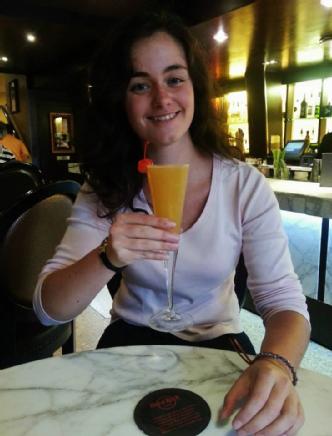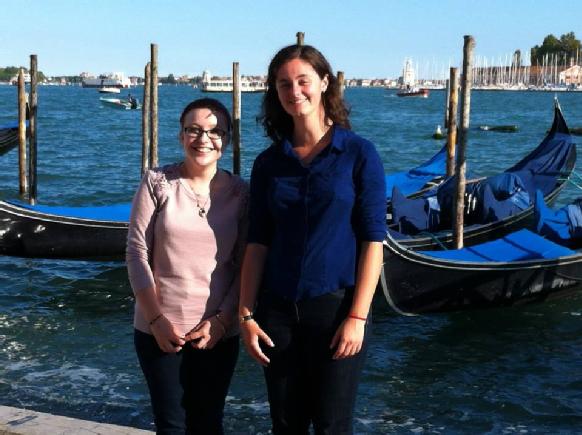Venice - Student Experiences
Student experience 2013/14: Katie Andrews, fourth year Undergraduate Student, back from Venice:
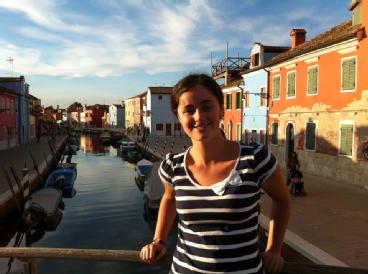
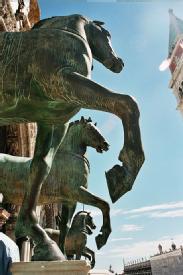
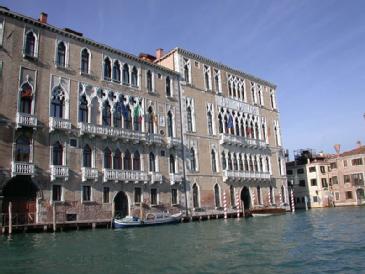
‘The benefits to be gained from a year abroad are truly endless; not only on a practical level, with aspects such as language learning, but on a deeper level too. I feel a more confident and capable person in myself, and it's such a useful skill to be able to interact with people from another culture. I made friends out there from all over the world who I remain in contact with, and I have so many amazing memories. Venice is a truly beautiful and unique city, full of vibrancy and history and culture; I learned so much about the city, and it's a great feeling to think that there's a city out there I know like the back of my hand. In coming back to Warwick, I feel more academically competent, more linguistically skilled, and in general a more ambitious person. Knowing you can complete an experience like that gives you such a sense of achievement that just cannot be beaten.’
My modules (each 6 ETCS) were :
- Storia Romana - Giovanella Cresci
- Fondamenti di Linguistica - Anna Marinetti
- Storia di Venezia e del Veneto - Riccardo Cella
- Archeologia e storia dell'arte greca e romana - Luigi Sperti
- Italian for Foreigners - Intermediate - Giuseppe Maugeri
‘Students only register for exams, not modules; this is done online via the account you set up during matriculation. Elisa Gamba elisa.gamba@unive.it of the International office was very helpful to guide me through; she also set up my new university email account and checked my Learning Agreement. Changes to the Learning Agreement are not usually too much of a problem, so long as it is not changing every other week.
The 2 main semesters are divided into 2 halves each; I took one module per quarter, with one module enduring the whole of the second semester on top. This equated to about 11 hours of teaching per week. All my modules were taught and assessed in Italian apart from the History of Venice module.
Assessment is, for most modules, completed via an oral exam, for example, at the end of each quarter, plus with a further period added on at the end of May. All of my modules were assessed in this way apart from History of Venice, which required an oral presentation and a written paper. Few modules in Italian universities require written assessment. Assessment is out of 30 marks, with 21 being the pass mark (once passed, the relevant ECTS are 'in the bag'). The style of teaching is much less interactive than in English universities and the relationship with professors is more formal.'
Katie was staying at the Fondazione Pier Giorgio Falciola, c/o Convento SS Redentore.
